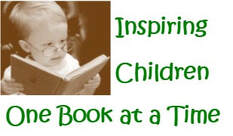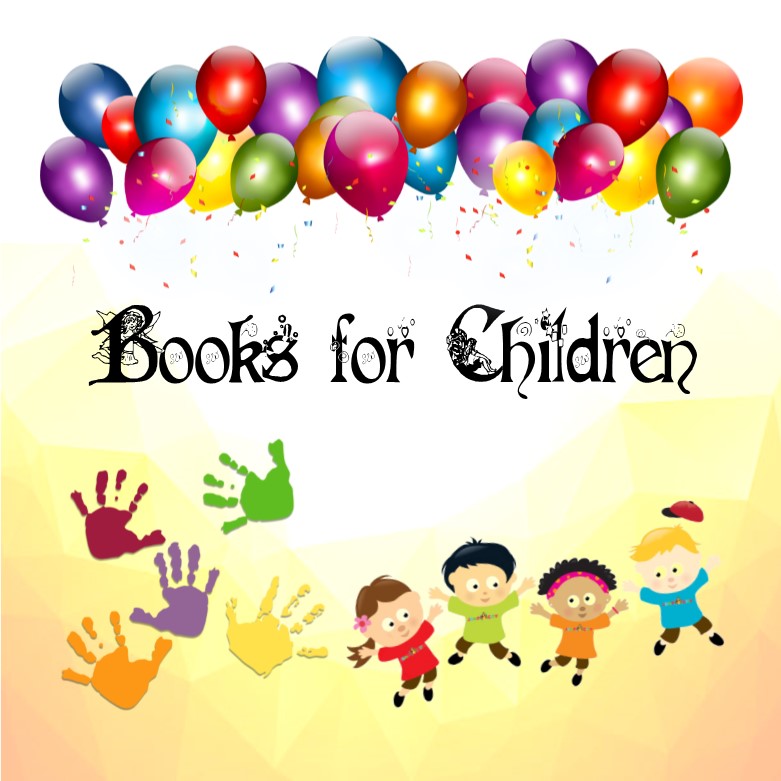
An increasing number of kids in the United States can't read very well. One-third of all fourth-graders can't read at a basic level, and most of these students do not improve their reading skills by the time they finish high school.
Parents grow concerned when their children fall behind their peers, and rightly so. Reading is the backbone of learning. Without basic reading skills, other subjects suffer as well. How can a child master science or social studies if they can't comprehend what's written in the textbooks?
Some educators claim it's because the children were not exposed to books and reading at an early age. However, that idea doesn't hold water because there's a combination of early and non-early readers in the mix of students.
Of course, being familiar with books before entering school gives children a definite bonus. Yet, learning to read the actual text is when things start to slow down. The kids are ready, willing, and able to learn and eagerly go about the task, but something gets in the way.
Are Schools Unknowingly Turning Our Kids into Poor Readers?
Cognitive scientists and some educators say yes.
Up until the 1960s, word repetition and visual memory were the preferred methods of reading instruction. Then came phonics which required knowledge of the relationships between sounds and letters. Children learn to read by sounding out words. A few years later, another theory called three cueing became popular and was adopted by most school systems.
We're all familiar with the first two approaches but may have never heard of the third one. With three cueing, there is no longer an emphasis on learning an unknown word. Instead, early readers are taught to pick up cues on what that word may be from:
For example, if a beginning reader sees the sentence – "I see a butterfly." and does not know the “b” word, instead of sounding out the word, he looks at the picture, and matches that with the letter “b” and identifies the butterfly. That works fine until he comes across the same word but without a picture. Then it's up to the child to predict (guess) what the word could be from how it is used in the text and ask: Does it look right? Does it sound right? If yes, the child continues reading.
With three cueing, accurate word recognition isn't the reading goal. The goal is to comprehend the text. If the sentences make sense, the reader must be getting the words right, or right enough. The hypothesis states that as people become better readers, they rely more on their knowledge of vocabulary and language structure to read words and do not need to pay as much attention to the letters.
Does Three Cueing Work?
This is where the curious cognitive scientists come into the picture.
They wanted to see if the proponents of three cueing were correct in saying skilled readers rely more on contextual cues than letters to recognize words.
The results were surprising. All the research and studies consistently proved that the opposite is true.
Experiments forcing skilled readers to use context to predict words showed that they could correctly guess only a fraction of them. In addition, proficient readers instantly recognized words without relying on context or graphic cues. Instead, they quickly identified a word as a sequence of letters and immediately knew the difference between "house" and "horse."
So what does this tells us?
Weak word-recognition skills are the most common source of reading problems. Nevertheless, cueing is still being used in schools. Is this the reason children's reading skills have gone downhill?
Should parents question the use of this educational method? What are your thoughts?
Be sure to subscribe to the Sweet & Sassy blog, so you never miss out on any of our posts!
Parents grow concerned when their children fall behind their peers, and rightly so. Reading is the backbone of learning. Without basic reading skills, other subjects suffer as well. How can a child master science or social studies if they can't comprehend what's written in the textbooks?
Some educators claim it's because the children were not exposed to books and reading at an early age. However, that idea doesn't hold water because there's a combination of early and non-early readers in the mix of students.
Of course, being familiar with books before entering school gives children a definite bonus. Yet, learning to read the actual text is when things start to slow down. The kids are ready, willing, and able to learn and eagerly go about the task, but something gets in the way.
Are Schools Unknowingly Turning Our Kids into Poor Readers?
Cognitive scientists and some educators say yes.
Up until the 1960s, word repetition and visual memory were the preferred methods of reading instruction. Then came phonics which required knowledge of the relationships between sounds and letters. Children learn to read by sounding out words. A few years later, another theory called three cueing became popular and was adopted by most school systems.
We're all familiar with the first two approaches but may have never heard of the third one. With three cueing, there is no longer an emphasis on learning an unknown word. Instead, early readers are taught to pick up cues on what that word may be from:
- graphic cues (what do the letters tell you about what the word might be?)
- syntactic cues (what kind of word could it be, for example, a noun or a verb?)
- semantic cues (what word would make sense here, based on the context?)
For example, if a beginning reader sees the sentence – "I see a butterfly." and does not know the “b” word, instead of sounding out the word, he looks at the picture, and matches that with the letter “b” and identifies the butterfly. That works fine until he comes across the same word but without a picture. Then it's up to the child to predict (guess) what the word could be from how it is used in the text and ask: Does it look right? Does it sound right? If yes, the child continues reading.
With three cueing, accurate word recognition isn't the reading goal. The goal is to comprehend the text. If the sentences make sense, the reader must be getting the words right, or right enough. The hypothesis states that as people become better readers, they rely more on their knowledge of vocabulary and language structure to read words and do not need to pay as much attention to the letters.
Does Three Cueing Work?
This is where the curious cognitive scientists come into the picture.
They wanted to see if the proponents of three cueing were correct in saying skilled readers rely more on contextual cues than letters to recognize words.
The results were surprising. All the research and studies consistently proved that the opposite is true.
Experiments forcing skilled readers to use context to predict words showed that they could correctly guess only a fraction of them. In addition, proficient readers instantly recognized words without relying on context or graphic cues. Instead, they quickly identified a word as a sequence of letters and immediately knew the difference between "house" and "horse."
So what does this tells us?
Weak word-recognition skills are the most common source of reading problems. Nevertheless, cueing is still being used in schools. Is this the reason children's reading skills have gone downhill?
Should parents question the use of this educational method? What are your thoughts?
Be sure to subscribe to the Sweet & Sassy blog, so you never miss out on any of our posts!









 RSS Feed
RSS Feed